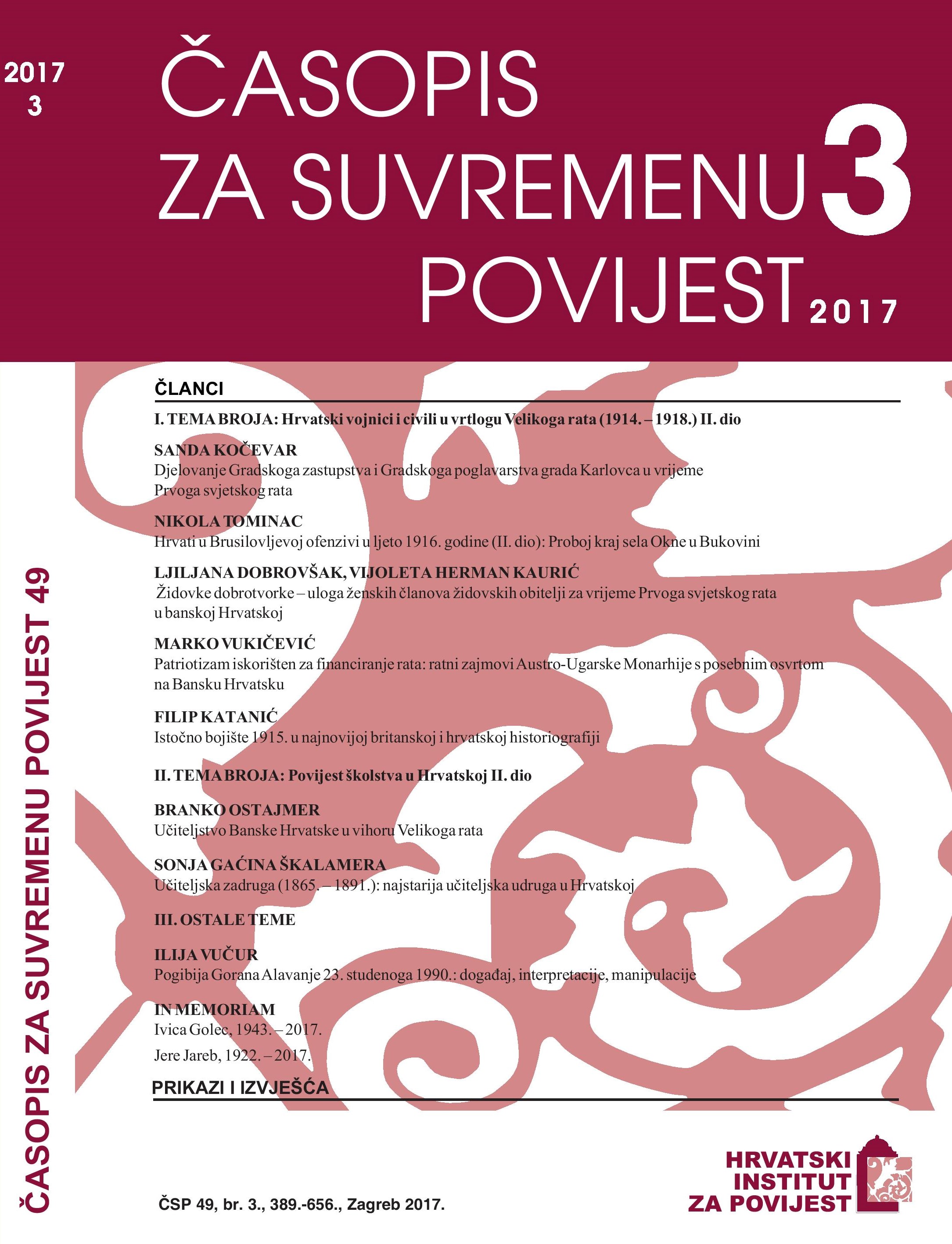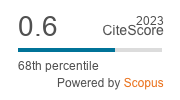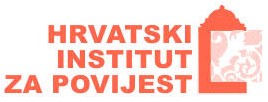The Activities of the City Council and City Government of Karlovac during World War I
DOI:
https://doi.org/10.22586/csp.v49i3.36Keywords:
World War I; Karlovac; City Council; City Government; Gustav Modrušan; Antun Golik; Dragan Šašel; provisioningAbstract
This paper analyses the procedures and activities of the City Council and the City Government of Karlovac during World War I. It is based on the minutes of the City Council assemblies and the contemporaneous press – the Starčevićian Sloga (Concord), and the Karlovac and Narodni glas (People’s Voice), organs of the Croat-Serb Coalition, which ceased to be published in August and September 1914, respectively.
The City Council consisted of 30 representatives, most of whom were members of the Croat-Serb Coalition. The greatest number of them were landowners and merchants. After the elections in 1916, however, members of the intelligentsia began to be represented in greater numbers. A representative’s mandate lasted six years, but half of the representatives were excluded by lot after half of their mandate passed, so that new ones could be elected. The last elections before World War I were held in 1913. The communal improvements experienced by the city (introduction of public electric lighting in 1908, waterworks in 1913) were halted due to the lack of manpower and materials, higher prices, and the collapse of the Karlovac Savings Bank, in which the City had invested a large part of its funds, in 1914. The activities of the City Council and City Government were made more difficult due to the general mobilisation, representatives moving to other towns and cities, and deaths among the representatives, so there was no quorum for holding assemblies and adopting effective decisions. The situation improved after the elections in May 1916, when 19 new representatives were elected.
The activities of the City Council and City Government during World War I are examined through their relationship towards the war immediately after its declaration, and after news about the first battles, soldiers on the front, wounded soldiers, and slain soldiers and their families arrived. Their relationship with associations such as the Red Cross and the Croatian Sokol is also analysed in such a manner. The provisioning of citizens with food and firewood (aprovizacija) was organised but, due to a lack of control, became fertile ground for malfeasance and the enrichment of individuals close to those in power.
Downloads
Published
How to Cite
Issue
Section
License
Copyright (c) 2017 authors and journal

This work is licensed under a Creative Commons Attribution-NonCommercial 4.0 International License.
Copyright holders are the publisher Croatian Institute of History and the authors. Journal of Contemporary History is an Open Access journal. Users are allowed to read, download, copy, redistribute, print, search and link to material, and alter, transform, or build upon the material, or use them for any other lawful purpose as long as they attribute the source in an appropriate manner according to the Creative Commons licence CC BY-NC. The papers published in Journal of Contemporary History can be deposited and self-archived in the institutional and thematic repositories providing the link to the journal's web pages and HRČAK. Journal does not charge article processing charges (APC). The editors assume no responsibility for statements of fact or opinion made by contributors.




